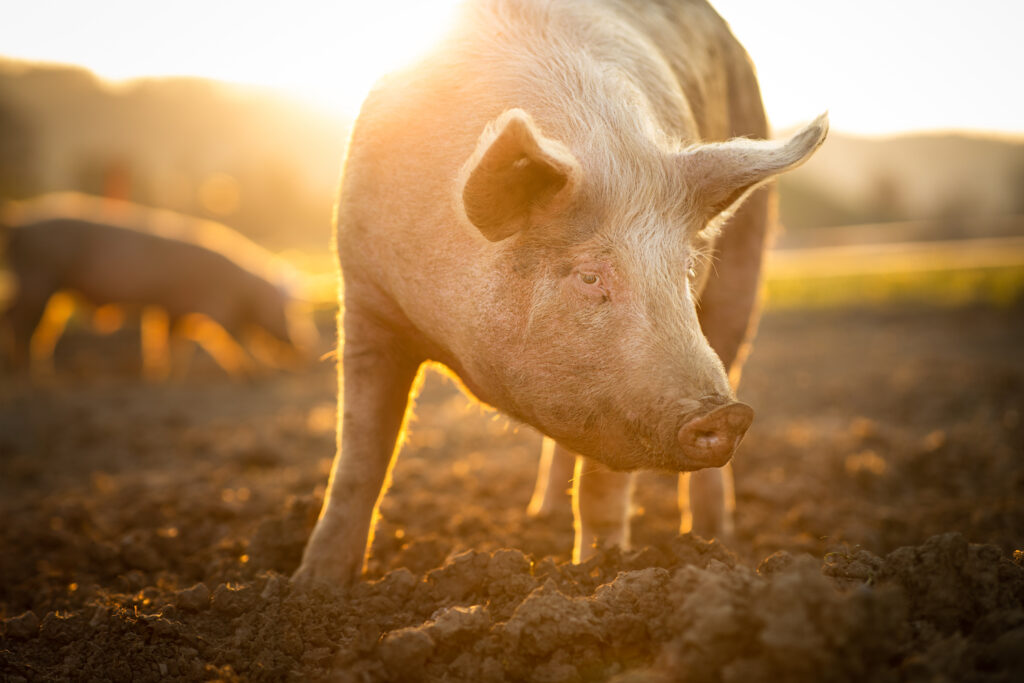Over 80% of costs on pig units are down to rising feed prices, consultant says
23rd December 2022
Pig producers are being urged to look at flexible feeding strategies with their nutritionists as high feed prices continue to leave margins tight.
Although cash flow problems have eased a little as the farmgate price per kilo has increased, pig producers are still working at a loss, says Agustina Rodriguez, technical nutritionist consultant at Elanco.
“Feed has always made up the largest share of outgoings on pig farms, however this has risen by over 10% in recent months and it now contributes to more than 80% of costs,” adds Dr Rodriguez.
“To mitigate this, producers and their advisers need to take a flexible approach towards nutritional strategies, looking to alternative options where possible, while still meeting the pigs’ needs.”
Formulating rations as tightly as possible, collaborative working between producers, vets and nutritionists, and optimising feed conversion ratio are all important, as well as thinking about the sow and her requirements to perform well, Dr Rodriguez says.
“However, even if all these areas are optimised, if the pig’s gut isn’t working properly, then it won’t be utilising the feed as efficiently as it could be,” she adds.
“Poor gut health can lead to loose stools and a proportion of nutrients being bypassed through the animal, meaning nutrient absorption is reduced.”
In order to avoid this, nutritionists should carefully consider incorporating additives into rations – such as enzymes, pro and prebiotics and synthetic amino acids, Dr Rodriguez believes.
“Any changes to the diet should offer a return on investment, whether that’s an improvement in gut health, FCR, growth or potentially a reduction in antibiotic use.
“Enzymes can be a useful tool to help enhance the feed efficiency of a diet. For example, incorporating a specific enzyme which neutralises ß-mannans, such as Hemicell XT, into the ration can stop energy being used unnecessarily, by breaking down these anti-nutritional factors, allowing pigs to focus on growth and productivity.”
Nutrient-sparing enzymes can also offer more flexibility in nutritional strategies, she continues. They can allow dietary protein to be lowered slightly in the starter and weaner diets, decreasing costs while maintaining the same performance. Or, they can be added without reducing other raw materials in the creep and starter rations, helping to produce a stronger, healthier piglet with superior intestinal integrity.
Find out more about Hemicell here: https://www.myelanco.co.uk/brand/beta-mannans-what-is-hemicell

